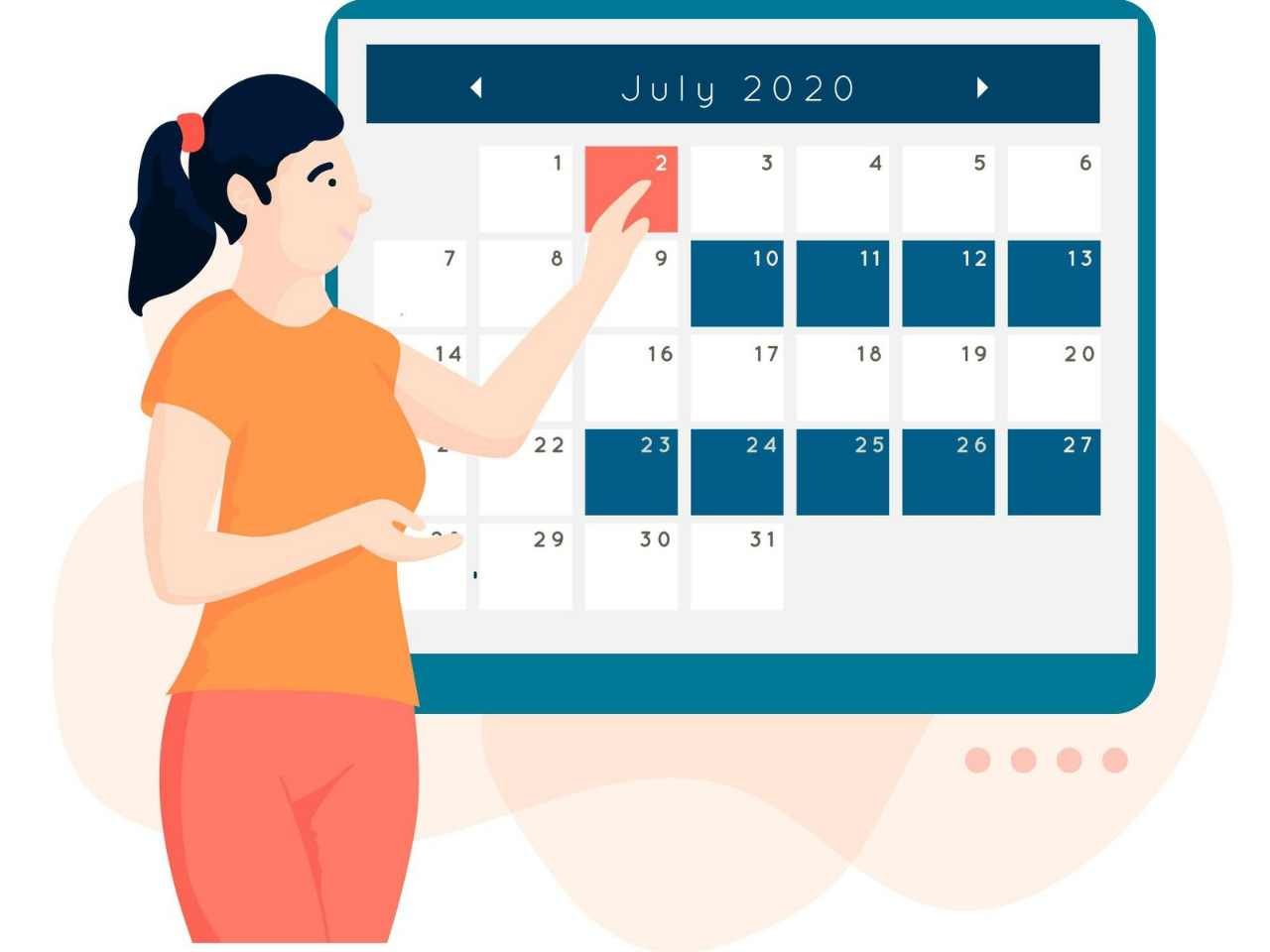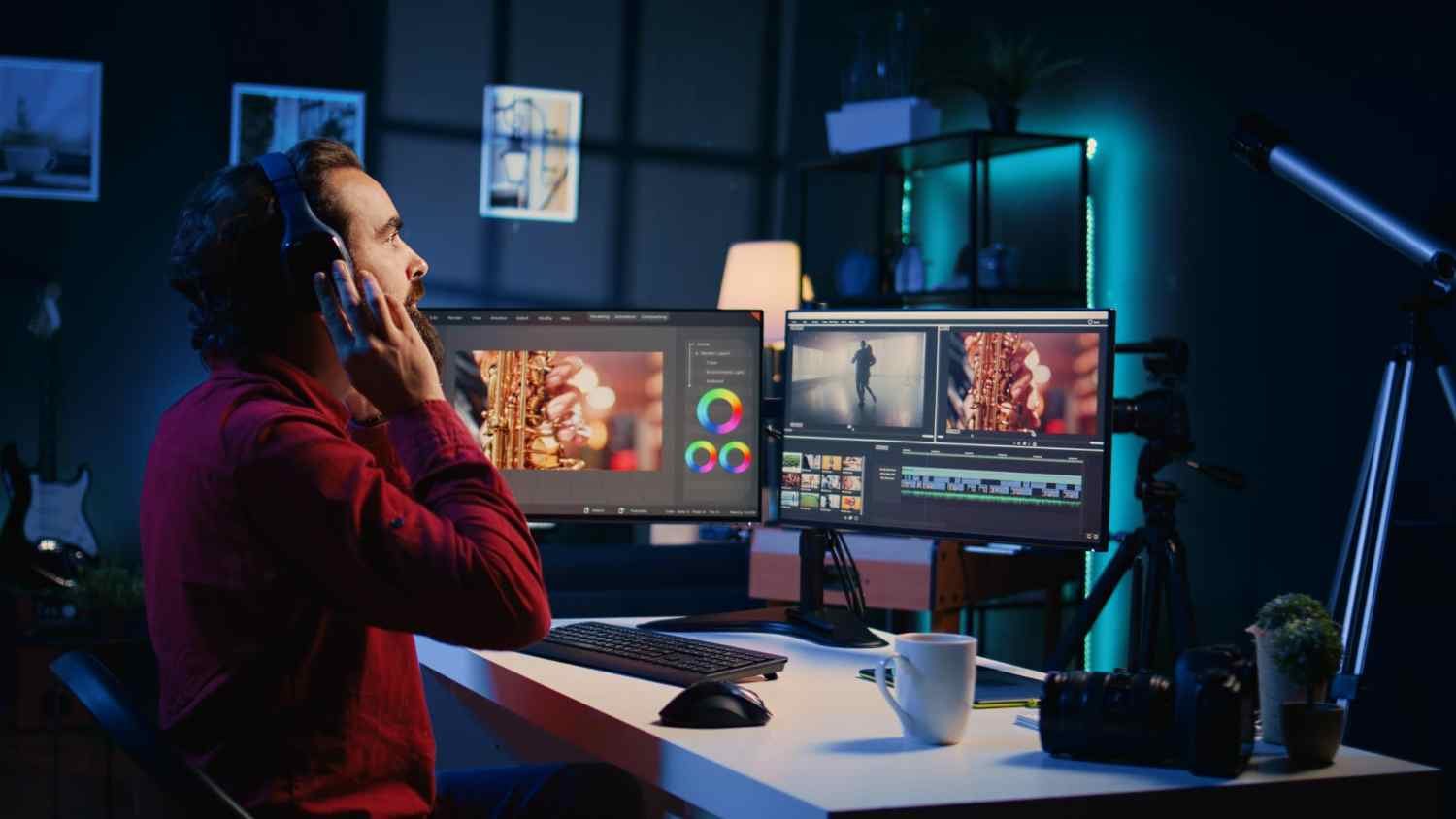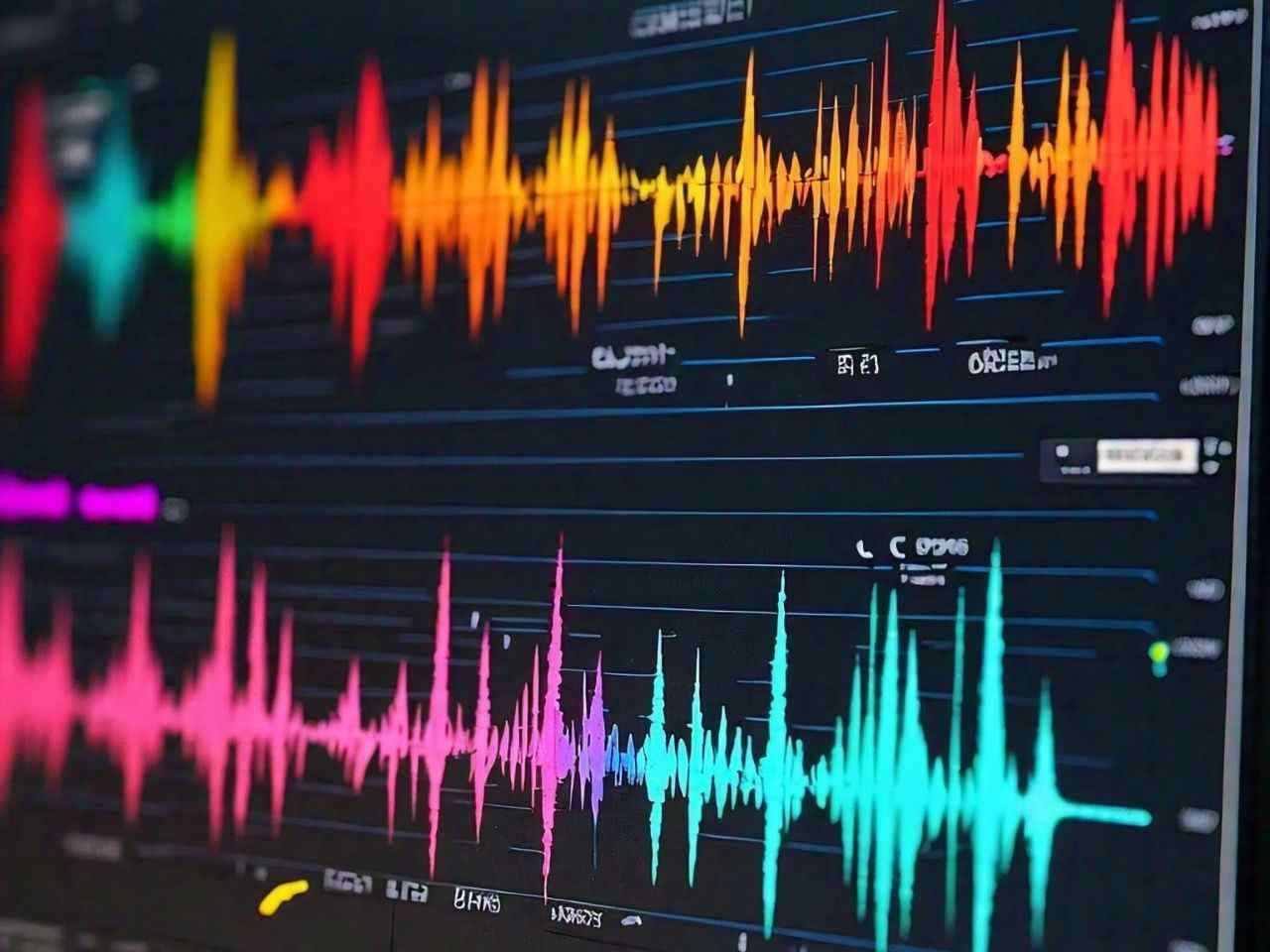Introduction: What Does a Podcast Producer Do?
A podcast producer plays a crucial role behind the scenes. They manage everything that goes into making a podcast, from planning to the final release. So, what does a podcast producer do exactly? They handle the technical parts like recording and editing, but they also work on the creative side. Producers help shape the podcast’s content, making sure it sounds great and stays interesting.
They are responsible for organizing everything before the show even starts. This includes planning the topics, booking guests, and scheduling the recordings. During the actual recording, the producer makes sure everything runs smoothly and fixes any problems that come up.
Once the recording is done, the producer takes over again. They edit the audio, add music, and polish the final product so it’s ready for listeners. A podcast producer’s job doesn’t stop there, though. They also work on promoting the podcast, finding sponsors, and making sure it reaches the right audience.
In short, a podcast producer is the person who makes sure the entire show runs smoothly, from start to finish. Without them, a podcast would be much harder to produce and much less enjoyable for listeners.

The Key Role of a Podcast Producer in Every Episode
The podcast producer is involved in almost every step of making an episode. They guide the entire process from the first brainstorming session to the final release. Their job isn’t just about technical skills – although that’s a big part of it – they also need to manage time, people, and creativity.
Each episode requires attention to detail, so the producer makes sure everything is in place before the recording starts. During the recording, they oversee the process, making sure the conversation flows smoothly, and afterward, they handle editing and sound design.
Every time you listen to a well-produced podcast, you’re hearing the result of the producer’s hard work. Without them, the show would feel unorganized or incomplete.
You Might Like To Read: Ultimate Guide on How to Become a Podcast Producer: Be the no.1 in Podcast Production
Pre-Production: Setting the Foundation for a Smooth Episode
Before any recording happens, a lot of groundwork needs to be laid out. This stage is called pre-production, and it’s where the podcast producer does most of their planning to ensure that the episode goes smoothly.
1. Content Planning and Concept Development
The first step in pre-production is coming up with the ideas for the episode. The producer works closely with the host(s) to brainstorm and decide what topics to cover. They need to think about what will interest the audience, fit with the podcast’s style, and work for any guests they might have.
Sometimes, the producer even helps write the script or outline the conversation points. This planning ensures that the episode has a clear direction and stays engaging from start to finish. Without this step, the episode might feel scattered or lose focus.
2. Guest Research and Outreach
If the episode features a guest, the producer is often the one responsible for finding and reaching out to them. This might mean researching potential guests who are relevant to the podcast’s topic, contacting them, and arranging the details for when they can record.
The producer ensures the guest feels prepared, comfortable, and ready to add value to the episode. They may also prepare questions or talking points to help guide the conversation. All of this work behind the scenes helps create a smooth, natural interview that feels effortless to listeners.
3. Scheduling and Timeline Management

Another key responsibility of a podcast producer is managing the schedule. This includes coordinating with the host(s), guest(s), and any other team members involved, like sound engineers or editors. The producer needs to make sure everyone is available at the same time, and that deadlines are met for both recording and post-production.
They create a timeline that keeps everything on track, from planning to publishing. A well-organized producer ensures there’s no last-minute scrambling and that the episode gets released on time.
Production: What is the Role of Podcast Producer During Recording
Once everything is planned out, the next step is recording the podcast episode. This is where the podcast producer takes charge to make sure everything runs smoothly. The recording session can be stressful if things aren’t properly managed, but a good producer keeps everything in control.
1. Overseeing the Recording Process
During recording, the producer acts like a director behind the scenes. They set up the equipment, check the audio levels, and make sure everything is ready before hitting the record button. Their job is to ensure that the sound quality is good and that there are no technical issues.
They listen carefully while the episode is being recorded, making sure the conversation flows naturally. A producer is always paying attention, making sure there’s no background noise, and that everything sounds professional. Without this, even a great conversation can sound messy or amateur.
2. Directing Hosts and Guests During Recording
A podcast producer also helps guide the hosts and guests during the recording. If the conversation starts to go off track or gets too long, the producer can step in to refocus it. They may suggest better ways to ask questions or remind guests of important topics to cover. The producer keeps the energy up and ensures that everyone stays on topic.
They know when to let the conversation flow and when to step in and steer things in the right direction. This role is important because it helps the episode stay engaging and clear for the listeners.
3. Troubleshoots Technical Issues
Technical problems can pop up at any time during a recording, and it’s the producer’s job to fix them quickly. Whether it’s a microphone issue, software glitch, or bad internet connection during a remote recording, the producer needs to handle it. They may need to adjust audio settings, swap out faulty equipment, or pause the recording to troubleshoot.
These issues can ruin a recording if they aren’t caught early, so a producer is always on alert. Their quick response to these problems ensures that the episode can continue smoothly without needing a full re-recording.
Post-Production: Podcast Producer Shapes Raw Content into a Finished Product
After the recording is done, the producer’s job isn’t over. Now they have to take the raw audio and turn it into a polished, finished product. This is what we call post-production, and it’s one of the most important parts of the producer’s role.
1. Editing and Sound Design

The first thing a podcast producer does in post-production is editing the audio. This involves cutting out mistakes, long pauses, or irrelevant parts of the conversation. They also smooth out transitions between sections and remove any background noise.
Sound design comes in here too – the producer might add music, sound effects, or other audio elements to enhance the episode. Good editing keeps the episode sharp and engaging, while sound design adds personality and makes the podcast more enjoyable to listen to.
2. Script Refinement and Content Polishing
Sometimes the conversation doesn’t flow as smoothly as planned, or maybe a guest repeats the same point multiple times. The producer’s job is to polish the content, refining the script if necessary to improve clarity. They make sure the episode stays on message and that there are no awkward moments or confusing parts.
The producer may rearrange certain sections or adjust the pacing to keep the listener engaged. This fine-tuning ensures that the episode feels professional and easy to follow.
3. Mixing and Mastering Audio
The last step is mixing and mastering the audio. This is where the producer makes sure all the different elements, like voices, music, and sound effects, are balanced properly. Mixing adjusts the volume levels so nothing is too loud or too quiet, while mastering ensures the final product sounds polished and consistent across different devices, whether you’re listening on a phone, computer, or speakers. Good mixing and mastering make a big difference in how the podcast sounds to the audience, ensuring a smooth, professional listening experience.
Creative Oversight: Ensures the Podcast’s Vision is Executed
A podcast producer doesn’t just handle the technical side of things – they also make sure the podcast looks, sounds, and feels right. They help keep the show’s vision on track and ensure that it fits the brand and tone the creators want.
1. Maintains Brand Identity and Tone
Every podcast has its own style, voice, and personality. Whether it’s casual and funny, or serious and educational, the producer ensures the show stays true to its identity. They make sure the hosts speak in a way that fits the brand and that each episode feels like part of the bigger picture. If the tone of the show suddenly changes or feels inconsistent, it can confuse the audience. The producer watches out for this and keeps things steady so listeners know what to expect each time they tune in.
2. Chooses Music and Sound Effects

Music and sound effects can add a lot to a podcast. The producer decides what kind of background music, intro tunes, or sound effects will fit the podcast’s theme. They choose tracks that match the tone, whether it’s upbeat, relaxed, or dramatic. Sound effects can make certain moments more engaging or highlight important points in a fun way.
The producer carefully selects and places these sounds to make the podcast more enjoyable while making sure they don’t distract from the conversation. It’s all about balance – the right music and sounds can make a podcast feel more polished and professional.
Marketing and Distribution is Done by Podcast Producer Helping the Podcast Reach Its Audience
Once the episode is polished and ready to go, it’s the producer’s job to make sure people actually listen to it. This involves working with marketing teams and making sure the episode gets uploaded to the right platforms.
1. Collaborating with Marketing Teams
A podcast producer often works with marketing teams to promote the show. They might discuss how to get the word out about new episodes, create social media posts, or develop strategies to reach new listeners. Marketing is important because it helps build the podcast’s audience and keeps people coming back for more. The producer’s role is to ensure the marketing fits the brand’s style and tone and that it highlights the key parts of the episode that will attract listeners.
2. Managing Podcast Platforms and Uploads
The producer is responsible for making sure the podcast is uploaded correctly to all the major platforms, like Apple Podcasts, Spotify, and Google Podcasts. They handle the technical process of uploading episodes, writing descriptions, adding tags, and making sure everything is formatted properly. This step is crucial because if the podcast isn’t easy to find or listen to, the audience won’t grow. The producer ensures the episode is available everywhere listeners expect it to be.
3. Monitoring Audience Feedback and Analytics

Once the episode is live, the producer keeps an eye on how it’s performing. They look at analytics to see how many people are listening, how long they’re tuning in, and what episodes are most popular. This data helps the producer understand what’s working and what can be improved.
They also check for audience feedback, whether it’s through reviews, comments, or social media. Paying attention to what the audience likes (or doesn’t like) helps the producer make better decisions for future episodes, ensuring the podcast continues to improve and meet listener expectations.
Role of The Producer in Sponsorship and Monetization
One of the important jobs of a podcast producer is making sure the show can make money. This involves working with sponsors and advertisers, which can help cover costs and even make a profit.
1. Securing Sponsors and Advertisers
A podcast producer helps find sponsors who are interested in advertising on the show. They look for companies that align with the podcast’s theme and audience. For example, if the podcast is about health and fitness, they may approach a company that sells workout gear or healthy snacks. The producer handles the negotiations and makes sure both the podcast and the sponsor benefit from the partnership. These deals often involve placing ads at the beginning, middle, or end of episodes.
2. Creating Advertiser-Friendly Content
It’s important to make sure the podcast content works well with the ads. The producer ensures that the ads don’t feel out of place or annoy the listeners. They may help script the ad reads to match the tone of the podcast, keeping it engaging and relevant. This balance is crucial because listeners should enjoy the content without feeling overwhelmed by advertisements. At the same time, sponsors need to see results from their ads, so the producer finds ways to make sure both the listeners and advertisers are happy.
Quality Control: Podcast Producer Ensures Consistency
One of the key responsibilities of a podcast producer is maintaining high standards across all episodes. Without consistency, even a great podcast can lose its audience.
1. Maintaining Consistency in Episode Quality
Every episode should meet the same level of quality in terms of sound, content, and overall production. The producer listens closely to each episode before it’s released, checking for any issues like background noise, awkward cuts, or confusing moments. They make sure the audio is clear, the pacing is smooth, and the content stays relevant to the podcast’s theme. Consistency is what keeps listeners coming back because they know what to expect each time they tune in.
2. Continual Improvement and Adaptation
Even with consistent quality, a podcast can always improve. A good producer doesn’t just stick to the same formula; they look for ways to make the show better. This could involve updating equipment, trying new editing techniques, or adjusting the format based on listener feedback. The producer adapts to changes in technology, trends, and audience preferences to keep the podcast fresh and engaging. They never stop looking for ways to improve and make sure the podcast continues to grow.
The Unsung Hero of the Podcast: The Invisible Hand Behind Success
The podcast producer is often the “unsung hero” of any successful show. While the hosts and guests are the ones in the spotlight, the producer works quietly behind the scenes, making everything run smoothly. They handle the technical aspects, shape the content, and ensure the podcast stays on track, all while staying out of the limelight. Without a skilled producer, even the best hosts might struggle to deliver a high-quality show. They’re the invisible hand that guides the podcast to success.
Conclusion: Wrapping Up the Producer’s Multifaceted Role
The role of a podcast producer is both broad and essential. They are responsible for everything from planning and recording to editing and marketing. They also ensure the podcast can bring in revenue through sponsorships and keep improving the show with each episode.
A podcast producer is the backbone of any successful podcast, making sure that both the content and the technical aspects are always top-notch. While they may not always get the recognition they deserve, their work is critical to the podcast’s success and growth. Without them, the show simply wouldn’t run as smoothly.
Image Credit: AI & Freepik
Frequently Asked Questions
A podcast producer handles the technical and creative aspects of making a podcast. They plan episodes, schedule recordings, manage guests, oversee the recording process, edit the audio, and ensure the final product sounds polished. They also help with marketing and finding sponsors.
The salary of a podcast producer varies depending on experience and location. On average, a podcast producer in the U.S. earns between $50,000 and $70,000 per year. Freelancers or those working for smaller podcasts might earn less, while those in larger media companies or with more experience can earn significantly more.
A podcast producer needs strong organizational skills, technical knowledge of audio equipment and editing software, and a good ear for sound quality. They should also be creative, able to manage multiple tasks, and have good communication skills to work effectively with hosts and guests.